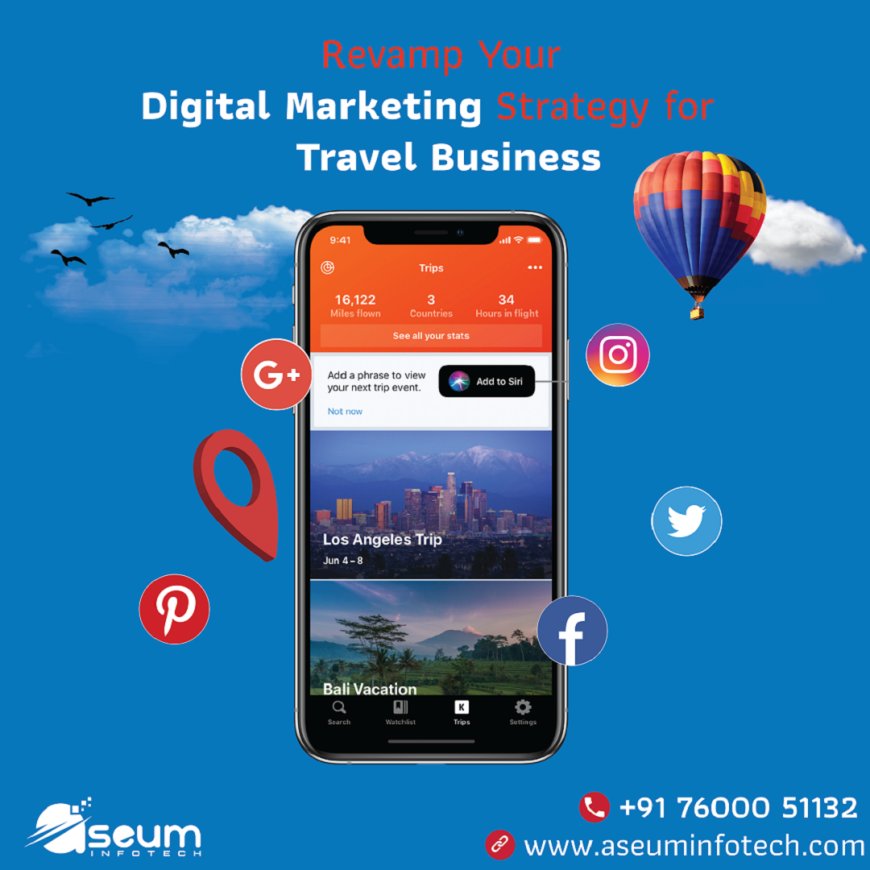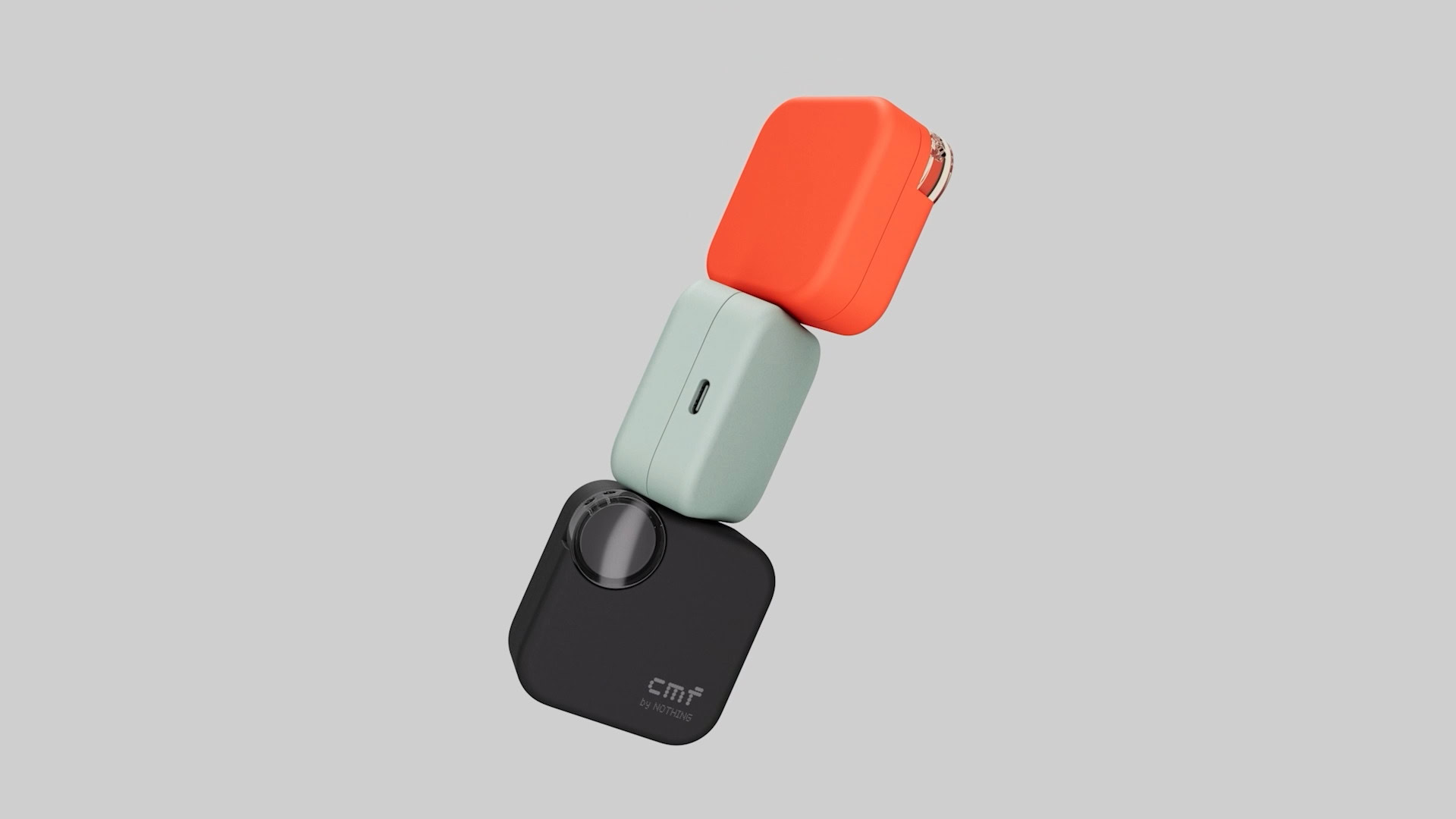Creating a Mobile-Friendly Experience for Travelers

In today’s fast-paced digital landscape a mobile-friendly experience is not just a luxury for travelers it's a necessity. As a travel portal development company Aseum Infotech understands the unique demands of travelers who rely heavily on their mobile devices for planning, booking, and managing their journeys. By creating a seamless mobile experience, travel businesses can engage customers effectively and increase conversions. This blog explores key strategies for optimizing mobile experiences tailored for travelers.
The Importance of Mobile Optimization
With over 50% of web traffic coming from mobile devices, it’s essential for travel businesses to prioritize mobile optimization. Travelers often find themselves on the go, looking for information, booking flights, or managing itineraries. If your website or application isn’t mobile-friendly, potential customers may quickly abandon their search for more accessible alternatives. A digital marketing agency for travel can help businesses understand this shift and implement necessary changes to meet mobile users' needs.
Key Elements of a Mobile-Friendly Experience
-
Responsive Design
The foundation of a mobile-friendly experience is responsive web design. This approach ensures that your website adapts seamlessly to various screen sizes, from smartphones to tablets. A responsive design eliminates the need for separate mobile websites, providing a consistent brand experience across all devices. By partnering with a travel portal development company, you can ensure your website is designed to accommodate the unique demands of mobile users.
-
Fast Loading Times
Speed is crucial when it comes to mobile user experience. According to Google, 53% of mobile users abandon sites that take longer than three seconds to load. To enhance loading times, compress images, leverage browser caching, and minimize the use of heavy scripts. A digital marketing agency for travel can help you optimize your website’s performance and ensure a smooth browsing experience for users.
-
Simplified Navigation
Mobile users often seek quick and easy navigation. Streamlining your menu and minimizing the number of clicks needed to reach important information can significantly improve user experience. Use clear, concise labels for navigation items and consider implementing a search feature to help users find what they need quickly. Prioritize essential functions like booking, customer support, and itinerary management in your mobile navigation.
-
Touch-Friendly Elements
Unlike desktop users who rely on a mouse, mobile users interact with their devices using touch. Ensure that buttons and links are large enough to be easily tapped and spaced sufficiently to avoid accidental clicks. This small adjustment can dramatically enhance user satisfaction, making it easier for travelers to interact with your content.
-
Clear Calls to Action (CTAs)
Your mobile site should guide users towards specific actions, whether it’s booking a flight, signing up for a newsletter, or exploring travel packages. Use bold, clear CTAs that stand out on the page. Keep in mind that mobile users are often in a hurry, so CTAs should be straightforward and enticing.
-
Location-Based Services
Many travelers rely on their mobile devices to find services and information based on their current location. Implementing GPS technology and location-based services can provide users with personalized recommendations for nearby hotels, attractions, and restaurants. This feature not only enhances the user experience but can also significantly boost engagement and bookings.
-
Content Accessibility
Ensure that your content is easily readable on smaller screens. Use legible fonts, break up large blocks of text, and incorporate visuals to keep users engaged. Remember, mobile users are often on the go, so providing concise, valuable information will encourage them to continue exploring your site.
-
Integrated Social Media Features
Social media plays a vital role in the travel industry, with many travelers sharing their experiences online. Integrating social media features into your mobile platform allows users to share their travel plans easily or read reviews from other travelers. A digital marketing agency for travel can help you effectively leverage social media for increased engagement.
-
Easy Access to Customer Support
Providing travelers with easy access to customer support is essential. Incorporate live chat options, FAQs, and contact forms that are easily accessible from any page. Ensure that users can quickly reach help when needed, which can improve overall satisfaction and reduce frustration during their travel experience.
-
Regular Testing and Updates
The digital landscape is continually evolving, and so are user preferences. Regularly test your mobile platform for usability, speed, and responsiveness. Collect feedback from users to identify areas for improvement. By staying updated with the latest trends and technologies, your travel portal can provide an exceptional mobile experience that meets customer expectations.
Conclusion
In the travel industry, creating a mobile-friendly experience is paramount to attracting and retaining customers. By focusing on responsive design, fast loading times, simplified navigation, and other essential elements, travel businesses can ensure a seamless experience for their mobile users. Aseum Infotech, as a leading travel portal development company, is committed to helping travel businesses navigate this mobile-first landscape. By investing in a mobile-friendly approach and leveraging the expertise of a digital marketing agency for travel, you can enhance user engagement, boost conversions, and ultimately elevate your brand in a competitive market.
What's Your Reaction?
 Like
0
Like
0
 Dislike
0
Dislike
0
 Love
0
Love
0
 Funny
0
Funny
0
 Angry
0
Angry
0
 Sad
0
Sad
0
 Wow
0
Wow
0



















































